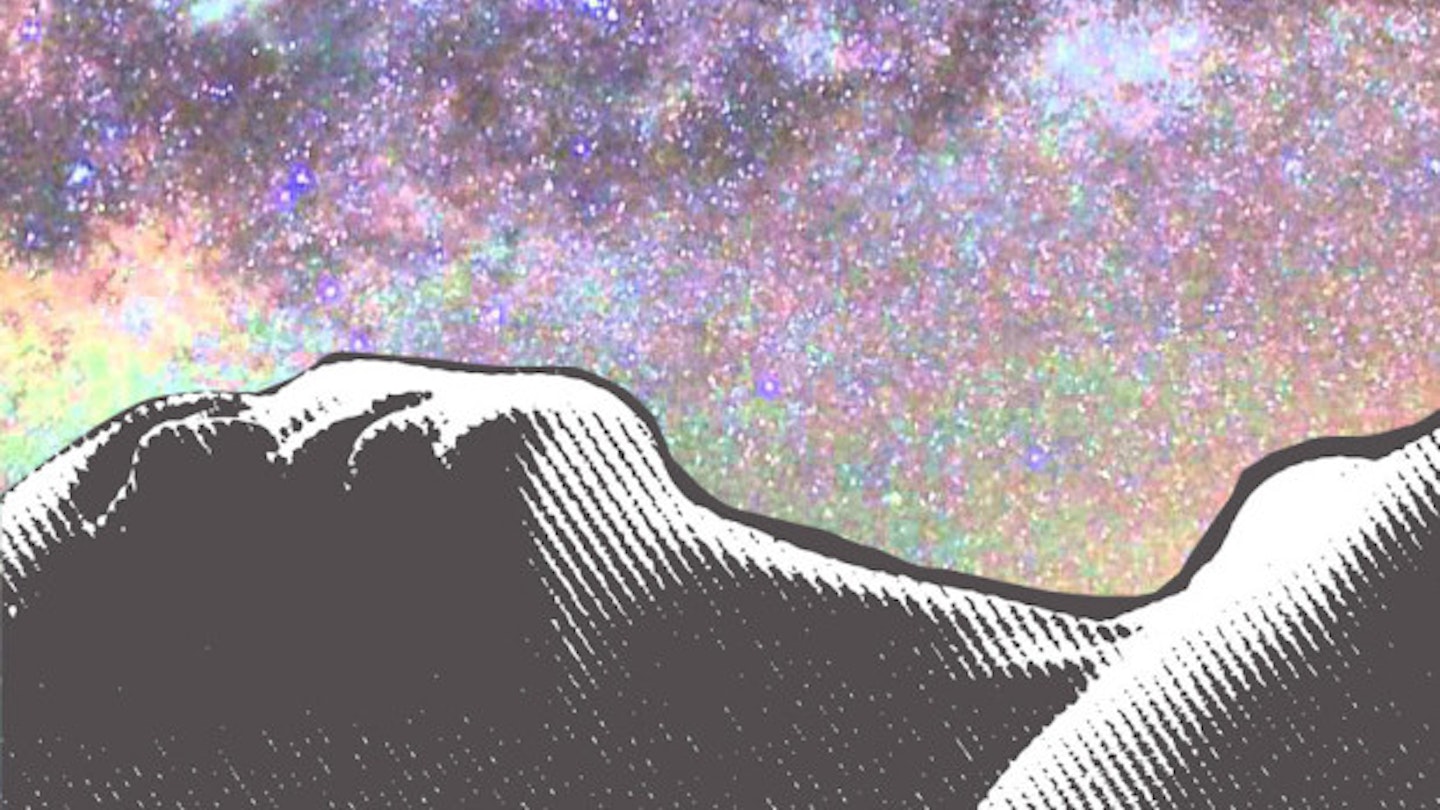I can’t sleep for shit. Tossing, turning, tossing, turning, combined with the Breaking Bad theme tune on repeat in my head is my night time routine. This annoyance is particularly bad, however, for a few days of every month - when my perid is due. But I only put two and two together just now when the clever folk at the U.S. Department of Health and Human Servicestold me via their website.
Apparently, insomnia is more common in women than in men - and this is mainly due to the changes in women’s hormonal cycles. Great, cheers for that. As if it didn’t suck enough that we earn less money, are subjected to smear tests AND are expected to push a person out of our vagina, apparently we don’t qualify for regular shut-eye either.
Due to the fluctuating level of estrogen and progesterone, which is particularly erratic just before and during a period, women are more likely to have issues regulating their sleeping patterns. Dianne Augelli, M.D, a sleep expert at the Weill Cornell Center for Sleep Medicine told CNN:
‘Fluctuations in hormones may have an effect on the circadian rhythm. The timing and severity can be different from woman to woman, and experts don't fully understand how these hormone shifts disrupt sleep but they believe they play an important role,’ she says.
For 23-year-old Hannah, a writer from the Isle Of Wight, she’s lucky if she gets a couple of hours sleep in the days before her period. ‘Sleep deprivation is definitely linked to my hormones’, she says, ‘I was told to try a sleep deprivation techniques for my PMS but it just made me laugh and then it never worked. For people like me who suffer from PMS, the reduced level of Serotonin leads to extreme tiredness and restlessness. Hence, it’s much harder to get to sleep and stay asleep’.
For some women, it’s one of the ten million co-existing irritations that keep them up at night.
Grace, 24, from North London, suffers from ‘terrible headaches which always stops me sleeping’ and miraculously, they always seem to make a sudden appearance the day before she comes on.
Think it gets easier with age? WRONG.
When women approach the perimenopause (when your body begins to make the transition towards permanent infertility), the level of estrogen falls pretty dramatically because, according to pms.org, the ovaries stop working as efficiently. What follows are a tirade of PMS style symptoms including hot flushes, night sweats and surprise, surprise insomnia. A couple of years after menopause (typically one or two years after your final period), hormonal fluctuations calm down, before eventually settling down completely. So you only have to wait another 35 years before you get a decent night’s kip.
According to The National Association for Premenstrual Syndrome, small dietary changes can ease premenstrual symptoms by regulating your hormones which encourages a stable sleep pattern. Food to steer clear of? Sugar; white, refined carbohydrates (e.g pizza, bread e.t.c), coffee and alcohol. So basically all the good stuff. Good. Old. Womanhood.
Like this? You might also be interested in:
The Eye-Watering Condition That Means You Basically Have Cystitis 24/7
Follow Eve on Twitter: @Evie_Simm
This article originally appeared on The Debrief.
